Treasurer plays the long game
Josh Frydenberg compares the past two years to surviving a cyclone. The economy took a big hit, but the Treasurer insists we’re on the up.
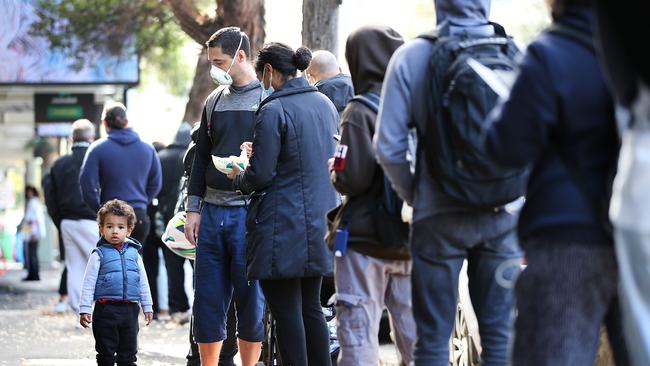
Josh Frydenberg compares the past two years to surviving a cyclone. The pandemic blew the budget, sent debt through the roof and rattled markets. Australians have lost jobs and struggled to keep businesses afloat as the economy plunged into recession. The human toll – death, illness and mental health – has been immense.
“It’s been tumultuous to say the least, testing and tiring, but no one in politics should be looking for any pity because so many others have worked harder or longer, or done it tougher,” the federal Treasurer tells Inquirer. “It has been a torrid time for the country, but it has been a privilege to serve in this role during this time.”
As he surveys the economic impact of the pandemic, Frydenberg is relieved it was not as bad as predicted.
“The economic recovery has been stronger than we expected,” he says. “Treasury told me that unemployment could reach as high as 15 per cent and we could see a quarterly contraction of growth of up to 24 per cent. We were staring into the economic abyss.”
Now, unemployment is expected to be sustainably below 5 per cent into next year, growth is going up, business investment is increasing, household consumption is picking up, and business and consumer confidence has bounced back. The housing market is booming. A record trade surplus. The AAA credit rating is intact.
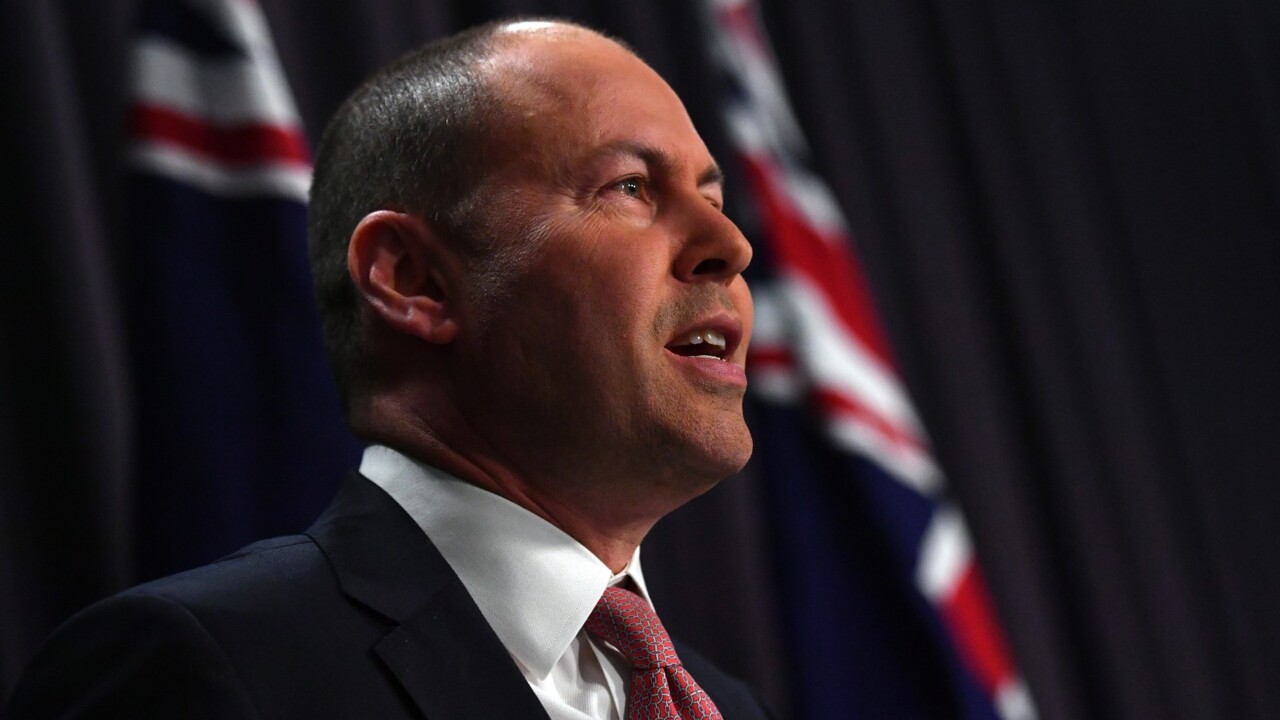
“We are not through it yet, of course, and Omicron is a reminder that new variants may be with us for some time, but it’s really pleasing to see the rebound across the economy,” Frydenberg says.
The Treasurer’s buoyant assessment will be reflected in the mid-year economic and fiscal outlook presented on December 16. It will show new business investment is forecast to increase by 16 per cent across the next two years, up from 12 per cent forecast in the budget.
He is nevertheless mindful of the economic risks, which include new Covid-19 variants and further lockdowns. Treasury estimated the cost of lockdowns in Sydney and Melbourne was about $280m a day. Frydenberg makes no apology for his sharp criticisms of Victorian Premier Daniel Andrews.
“The impact of those lockdowns on the economy was enormous but even more so was the impact on people’s wellbeing,” Frydenberg says. “In Melbourne we felt this acutely as the most liveable city became the most lock-downed city. We had a much harsher experience with Covid than any other state.”
Inflationary pressures are being felt by families at the petrol bowser and the supermarket. Workforce shortages in some industries are placing upward pressure on wages. But with underlying inflation within the Reserve Bank’s 2 to 3 per cent target band, at 2.1 per cent, Frydenberg does not believe the inflation genie is out of the bottle.
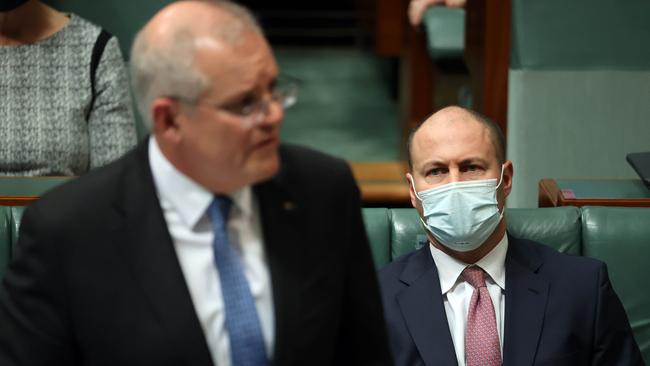
The global recovery also will affect Australia. Frydenberg notes the government is reopening international borders to allow about 200,000 students, tourists and skilled workers back into the country. This will help alleviate skill shortages.
The Treasurer also reveals there will be a steady increase in permanent migration back to about 160,000 each year. MYEFO will show net overseas migration to be 120,000 higher across the next two years than was expected in the budget. These additional migrants, Frydenberg says, will boost the economic recovery.
“A smaller population will be one of the lasting impacts of the pandemic because we’ll be down about 1.5 million people than what we expected over the next 10 years,” Frydenberg says.
“Population growth reduced to its lowest level in more than 100 years and net overseas migration – more people leaving than arriving – went negative for the first time in decades.
“We have been very successful in managing our population in that we’ve been welcoming to refugees, focused on the needs of family reunion and skilled labour. One of the great strengths of Australia is its multiculturalism, its diversity, and that has been provided by immigration.”
Population and workforce participation drive growth. So does productivity, which has slowed compared with the 1980s, ’90s and 2000s.
“Productivity will pick up and that is why we are investing in skills, infrastructure, the energy transition, business tax incentives for investment, digital transformation and deregulation to increase productivity,” Frydenberg insists.
The Curtin-Chifley and Menzies governments had the goal of full employment. Frydenberg has made full employment the focus of the Morrison government’s fiscal strategy. This, he argues, will drive up wages because of competition for labour.
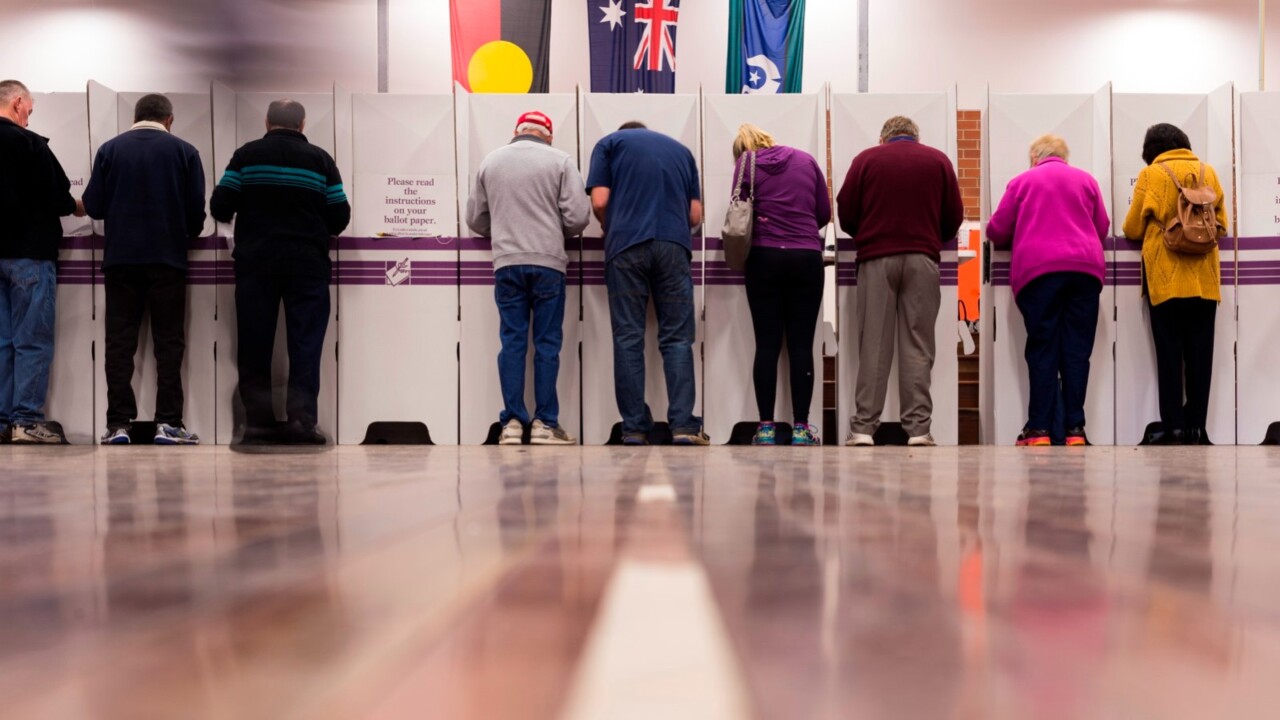
“Creating jobs is more than an economic objective, it’s a societal one because there is dignity in work,” he says. “It is a means for people to be able to provide for themselves and their families. The single biggest economic achievement over the last two years is the rebound we have seen in the labour market, avoiding the long-term unemployment that was characteristic of the recessions in the 1980s and ’90s.”
The government has committed to spending about $300bn, or 15 per cent of gross domestic product, in direct economic support payments during the pandemic. They are targeted and temporary, and Frydenberg maintains they are necessary to avoid a generation of long-term unemployed. The budget papers show the size of government spending to have increased from 27.7 per cent of GDP in 2019-20 to 34.8 per cent last financial year.
Labor argues the government ignored warnings that the JobKeeper wage subsidy was being funnelled to businesses that did not need it and this meant denying it to small businesses that did. It estimates that $20bn went to businesses that had an increase in profits.
Frydenberg has started work on the 2022-23 budget, which is scheduled to be delivered on March 29. The final budget outcome for this year showed an $80bn improvement in the budget bottom line, down from $213bn to $134bn. The focus, Frydenberg says, is on economic recovery and fiscal discipline but he is somewhat coy on the fiscal repair job that remains.
“Next year’s budget is about locking in the recovery and building for the future,” he says. “We are very much focused on fiscal discipline and we did what we had to do during the height of the pandemic, but now we’ve wound down those emergency support payments and we want to get fiscal policy back to normal settings.”
The Treasurer vows the government is also focused on reform. He points to foreign investment and insolvency laws, improving the accountability of underperforming superannuation funds, taking on Facebook and Google with the digital platforms bargaining code, and reduced personal and company tax rates. This week he announced changes to the payments system to bring it into the digital era.
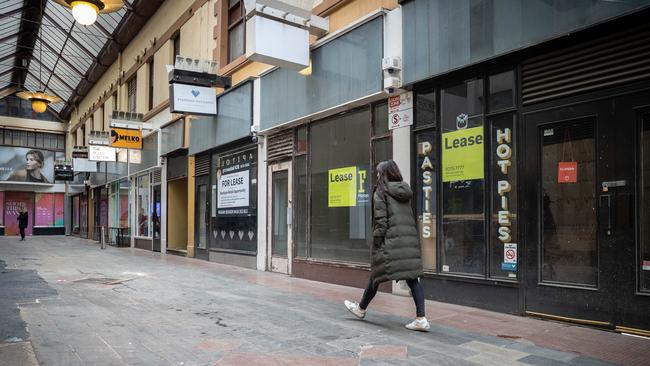
The central election issue will be a contest about who can be trusted to steer the economy through challenging times. Not since Peter Costello and Paul Keating has a treasurer had such command of the portfolio or been so relentless and energetic in prosecuting his agenda. But will economic management be enough to persuade voters to trust the Coalition with another term?
“With a stronger economy you can fund the service delivery that so many people rely on, whether it’s health, education, childcare, disability support, all of which are critically important but can only be achieved if we’ve got a strong economy,” Frydenberg says. “A strong economy is central to everything.”
While he is not afraid to trade barbs across the dispatch box, Frydenberg insists his attacks are never personal. He has friendships across the aisle, including with Labor MP Ed Husic. Within the Liberal Party, Frydenberg is known for his geniality and for always being on the phone to colleagues, deepening relationships.
“Politics has always been adversarial,” he says. “But civility is not a sign of weakness. Politics is a battle of ideas, not a clash of warring personalities. This was the Menzian approach: to defeat, not destroy your opponent. It is important that we remind ourselves how true that is still today.”
The government has had a messy end to the year with parliamentary rebellions and internal disunity, retirements of senior ministers, scandals old and new, and key legislation hitting the fence. For those watching the last two weeks of parliament, it looked like a government that was circling the drain.
“We start this election as the underdog,” Frydenberg concedes. “But we know that the values of our parties, Liberal and National, resonate broadly. Robert Menzies had his ‘forgotten people’, John Howard had his ‘battlers’ and Scott Morrison has his ‘quiet Australians’, and they know that who sits on the Treasury benches really matters.”
Still, Frydenberg gave warning to the joint party room in June about the need for unity. He notes that Morrison is the first prime minister to serve a full term since John Howard and there is unity in cabinet. But the pathway to electoral victory will be difficult. The government expects to lose seats but also gain seats from Labor.
Liberals are under siege from high-profile independents, not least of all in the Treasurer’s seat of Kooyong. In 2019 he easily defeated the Greens’ Julian Burnside, independent Oliver Yates and Labor’s Jana Stewart. Frydenberg says the independents targeting Liberals are “a front” for Labor and the Greens. “They run on this notional platform of being a disaffected Liberal – that’s BS,” he argues. “What they want to do is drag down the Liberal Party. What they want to do is ultimately wreak havoc in our political system. A hung parliament would be a terrible outcome for Australians.”
These independents focus on climate change and integrity issues. Frydenberg counters by arguing the government has draft legislation to establish an integrity commission but Labor will not support it. He notes the Coalition adopted the target of net-zero emissions by 2050 and he argues that access to debt and equity markets may be limited if Australia does not decarbonise.
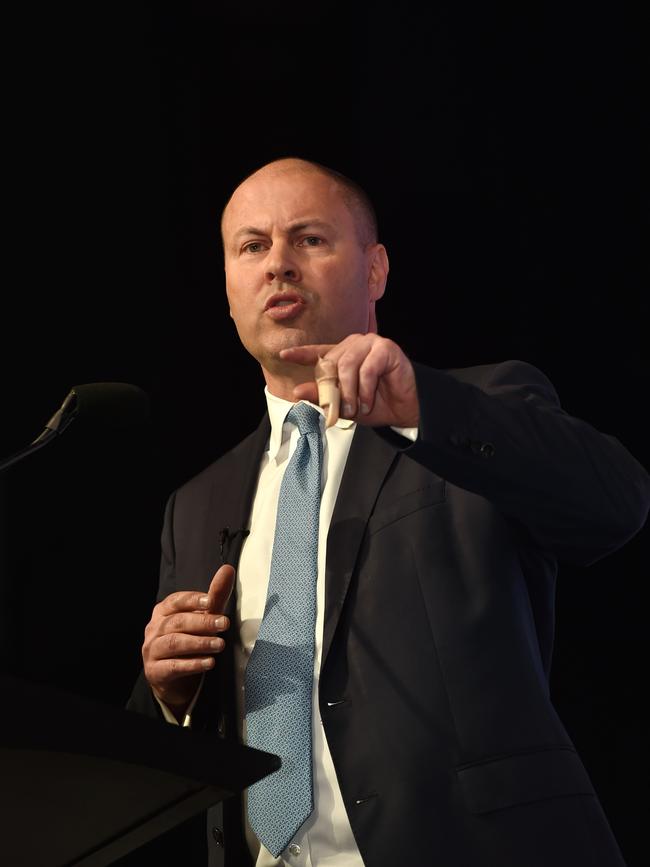
The Morrison-Frydenberg relationship has strengthened this year. Frydenberg even spent a few nights at the Lodge. “We get on very well,” he says. “There is trust and mutual support. Labor has targeted him in a very personal and nasty way. I’ve done everything I can to support him as Treasurer and deputy leader, and make sure my part of the deck is in good shape.” It is expected Morrison will leave midterm if the government is re-elected or depart if defeated. There will be a leadership contest between Frydenberg and Defence Minister Peter Dutton, who told me a few weeks ago that he will be a candidate. Frydenberg confirms his intention to stand for leader when Morrison departs.
“Leadership would be an enormous privilege if that opportunity arrived but I’m not about to push it and I’m not in a hurry,” he says. “I’m very focused on my job at hand and helping Scott Morrison and my Coalition colleagues get re-elected. You asked me a straight up question and I gave you a straight up answer: I’ve never sought to hide my ambition.”


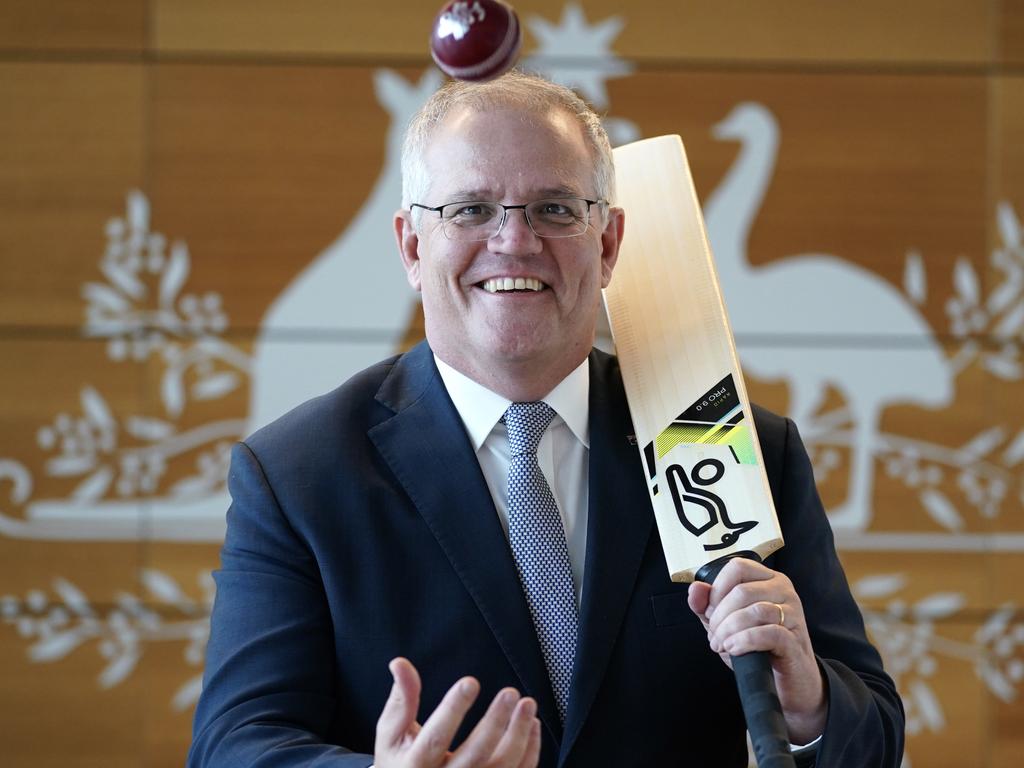

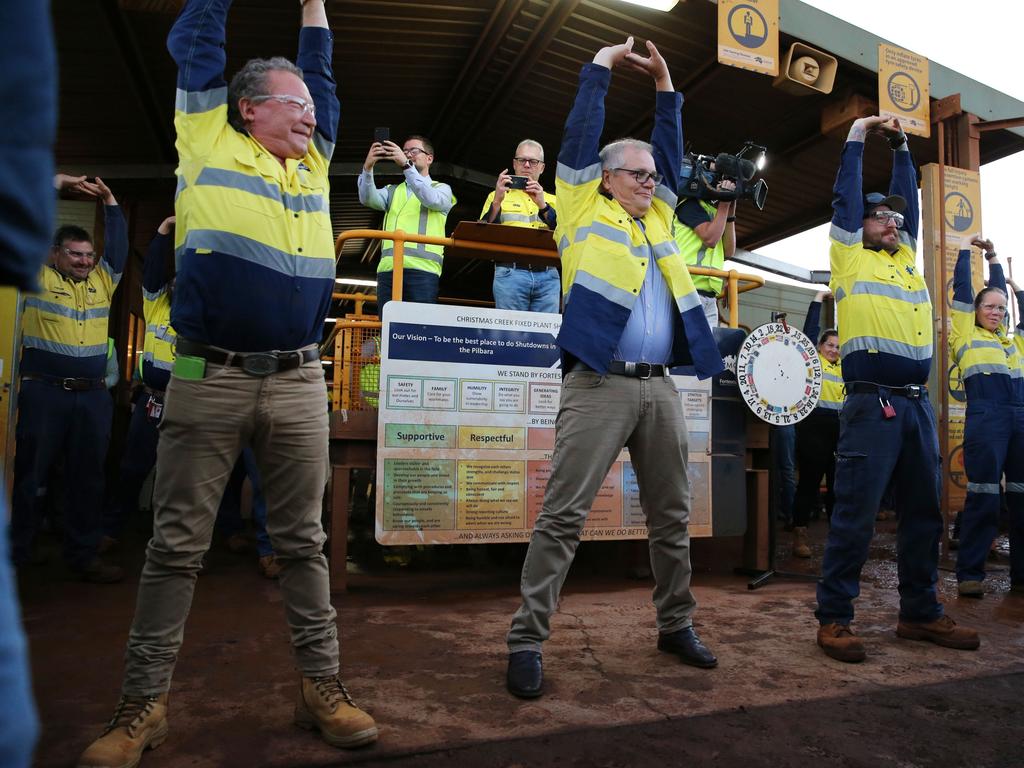

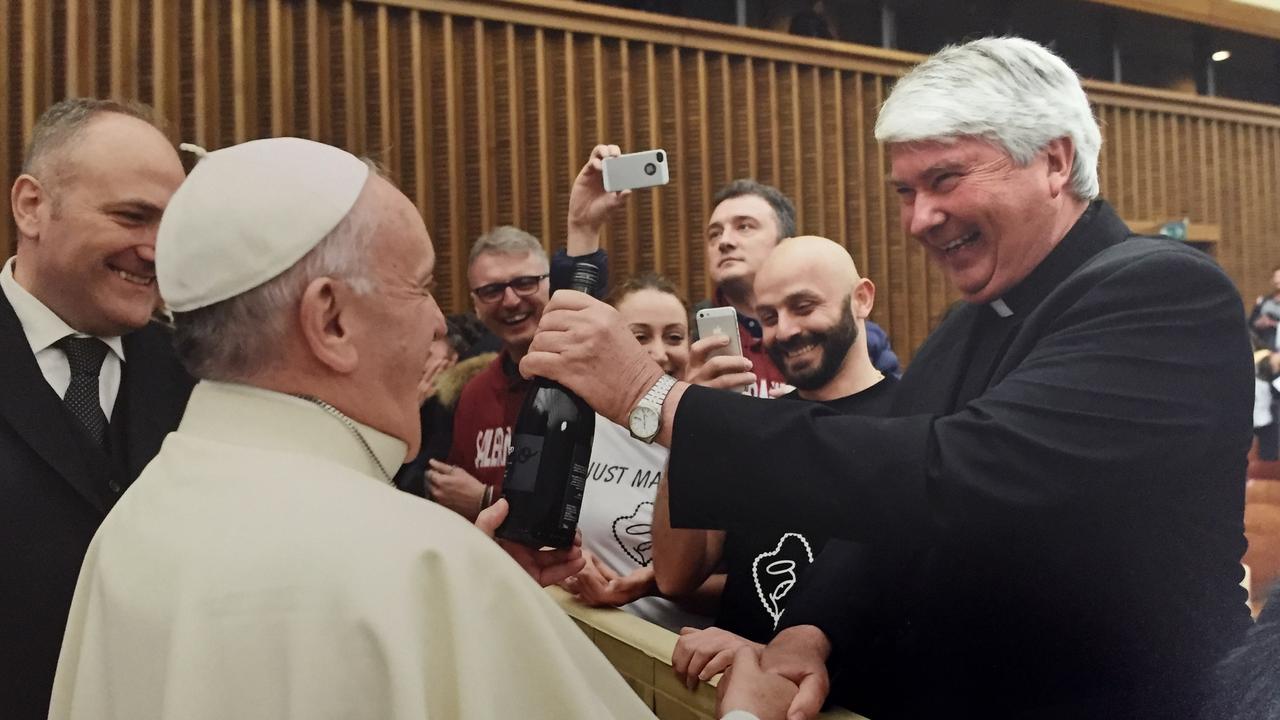
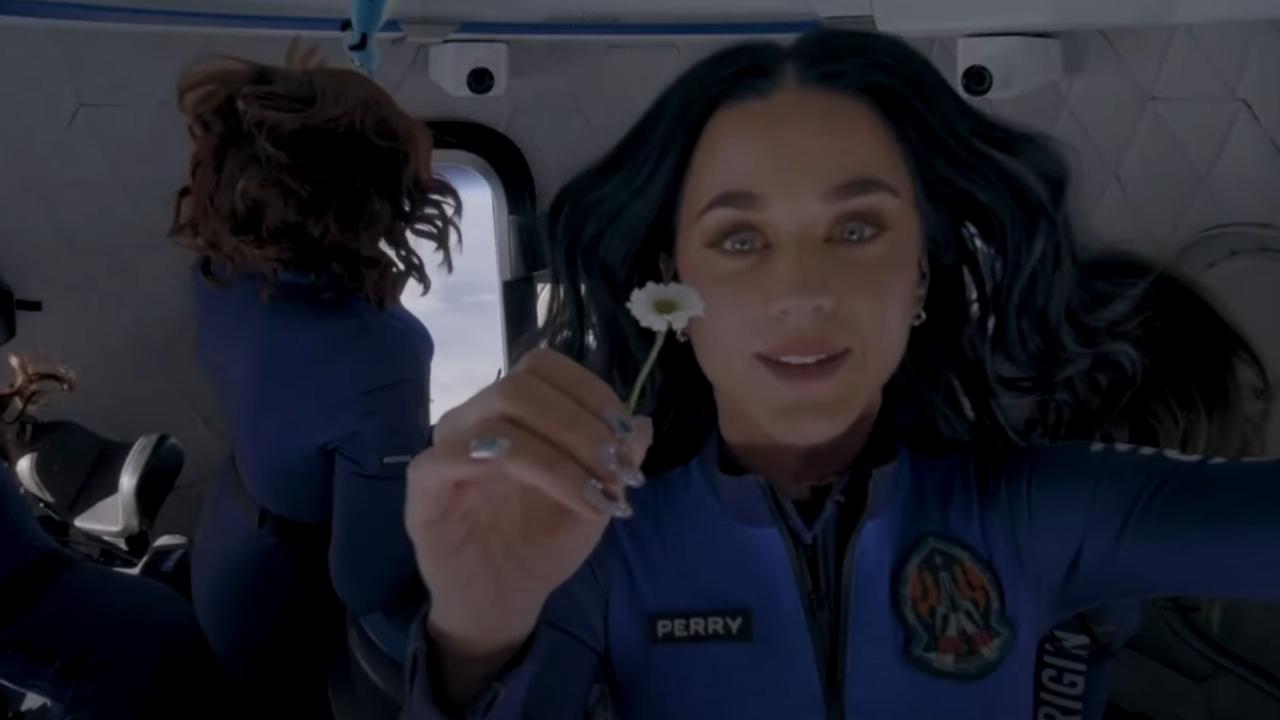
To join the conversation, please log in. Don't have an account? Register
Join the conversation, you are commenting as Logout